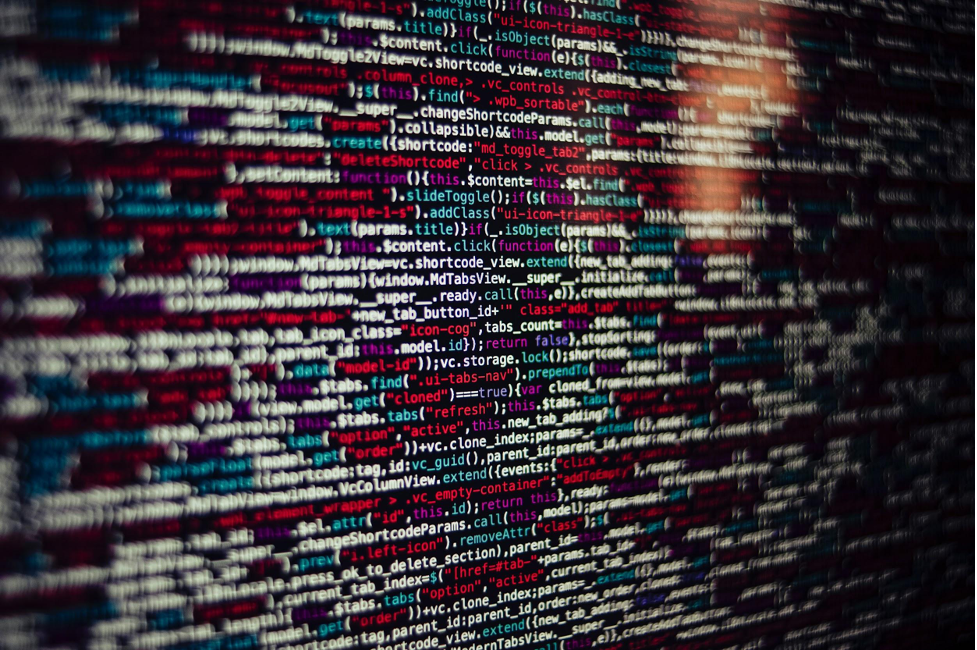What is Web 3.0 and how does it affect you? The Web 3 saga, as many would call it, is irresistible. Well, it’s only that way when you understand the ideals it upholds. But to do that, you’ll need to acknowledge its cousins, Web 1 and Web 2.

Web 1
Web 1, the first of its kind, graced our world in 1990. Its creator Tim Berners-Lee was looking to help decentralize the spread of information in the world, and the result of his work is what we call the Web 1 protocol.
Web 1 was a composition of static websites that could only be read and had little to no interactive features. The readable contents on these websites were rare gems. In other words, only big tech companies could create them, and they rarely did.
Web 2
Sometime in 2004, the need to not only read but also interact in forms of creating content became a reality as social media platforms sprouted. Users began to produce almost as much content as they consumed, but one thing remained the same—the big tech companies still controlled the monetary value of the internet.
Web 2 brought about the age of ads-based revenue. In other words, web users became responsible for the content they consumed while big tech companies controlled access and monetary value of the content.
Web 3.0
Web 3.0 isn’t as clear-cut as Web 1 & 2, however, its proposal is. It allows web users to read, create, and own their content, along with all its benefits.
The concept of Web 3.0 is rooted in the mechanism of cryptocurrency, more appropriately, non-fungible tokens. That is, you are in control of your content monetization.
Many critics question if the ideals of Web 3.0 are attainable, and while no one is yet to put out a concrete answer to that question, its foundations seem quite progressive. Right now, all we can do is explore the Web 3.0 ideals. Here are some of the core ideals of web 3.0.
1. Decentralized Ownership
One of the many end goals of Web 3 is to decentralize ownership of the web. At the moment, highly centralized companies control the internet. However, Web 3 will look to distribute ownership by making users with digital assets shareholders instead.
2. Decentralized Identity
What would it be like to have one online identity across every platform without risking censorship? It pushes for anonymous online identities that separate your online presence and resources from your original identity.
What do you think of Web 3.0 ideals? Do well to check out what AiNET can do to help you harness the current World Wide Web.
